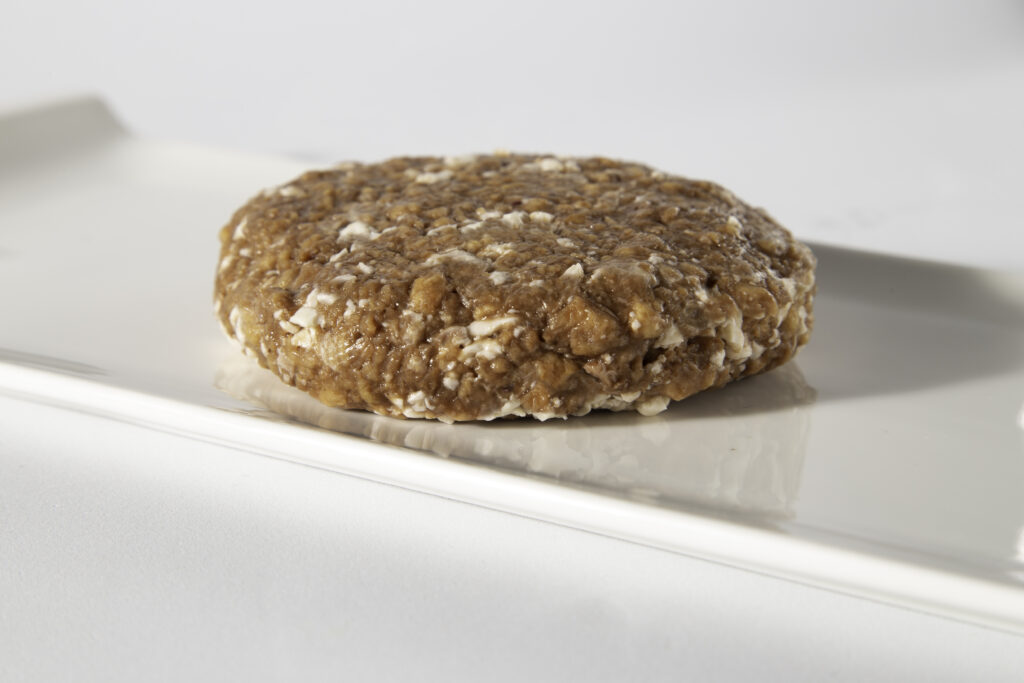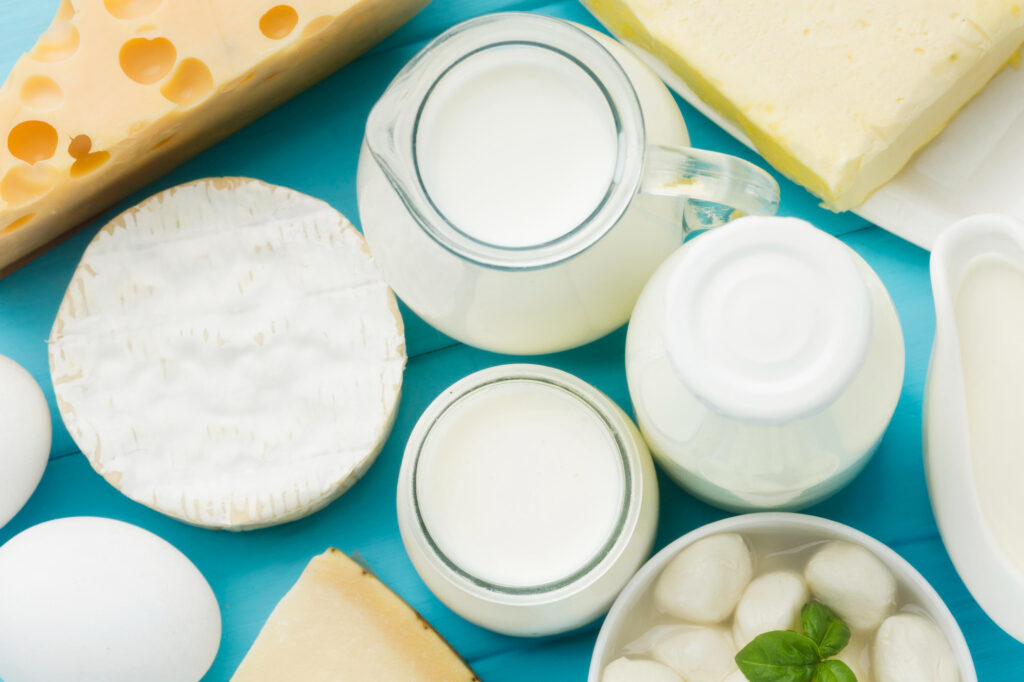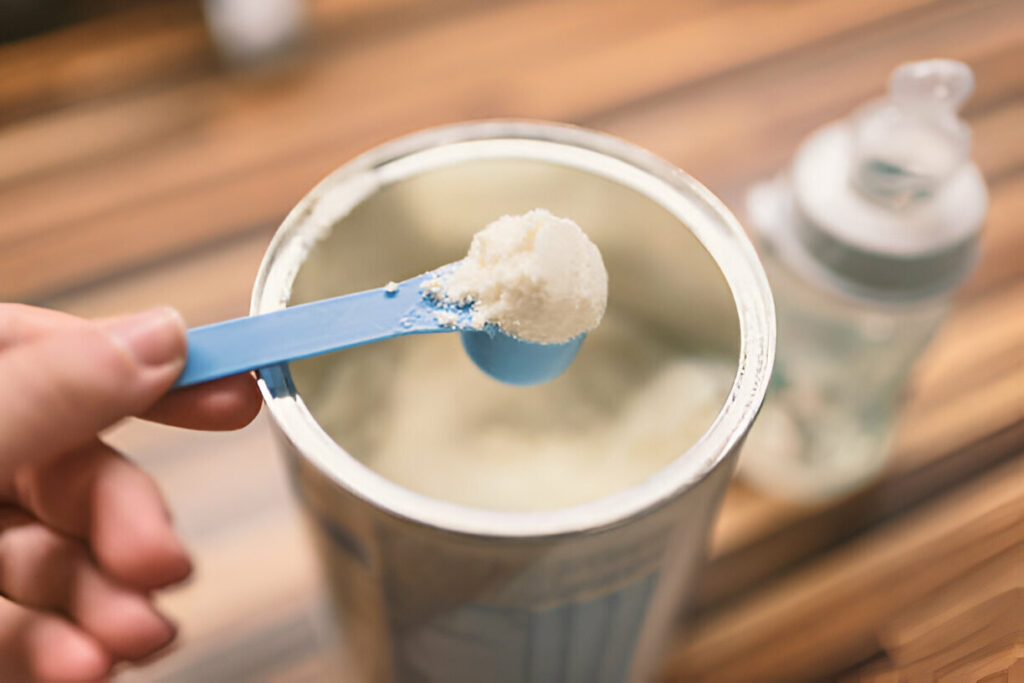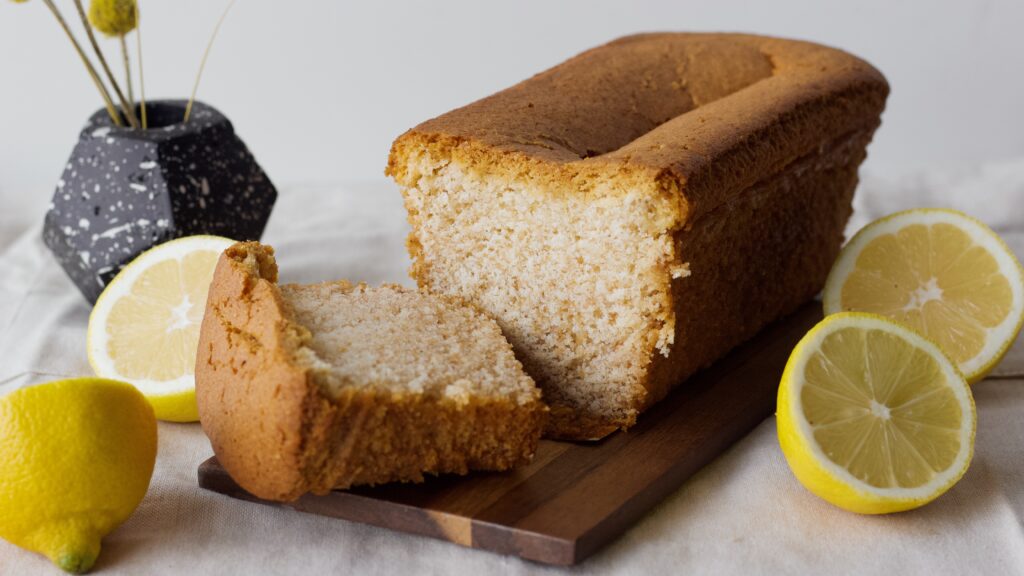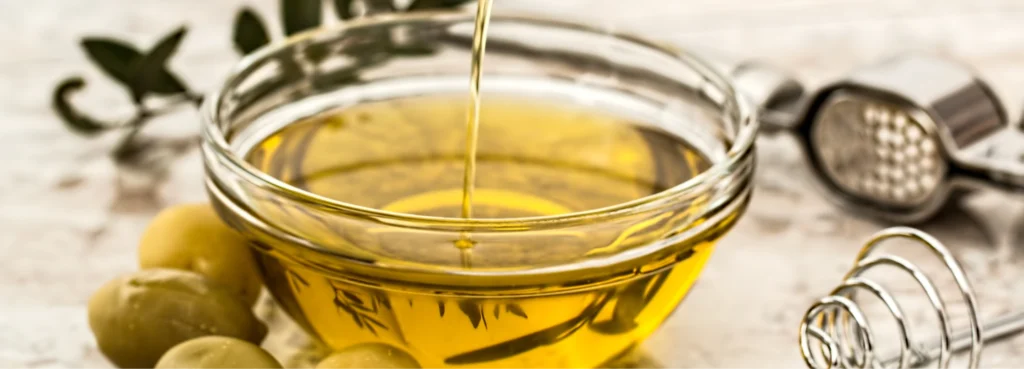
In the world of beverages, creamers hold a unique place, transforming a simple cup of coffee or tea into an indulgent and pleasurable experience. Behind that velvety smoothness lies a critical component that ensures their appeal: vegetable fats and oils. These ingredients not only provide texture and consistency but are also essential for developing products that meet the demands of today’s consumers—individuals increasingly focused on well-being and superior-quality experiences.

One of the most valued attributes of a creamer is its ability to deliver body and a silky mouthfeel. Vegetable fats and oils are fundamental in achieving this, as they act as structuring agents. This means they create a matrix that allows other ingredients to disperse evenly, preventing clumping and ensuring a stable consistency.
For instance, vegetable oils like palm and coconut are renowned for their ability to create stable emulsions, which are critical for the quality of liquid creamers. On the other hand, powdered creamers benefit from vegetable fats, such as hydrogenated or fractionated ones, that provide excellent dispersibility in hot water, ensuring seamless integration into the beverage.
Innovation in creamer formulation has accelerated in response to current trends. Consumers now seek products that not only enhance their beverages but also reflect a commitment to well-being and sustainability. In this context, vegetable fats and oils play an increasingly versatile role.
One of the most exciting advancements is the use of advanced emulsion technologies that enable the incorporation of lower-fat oils without compromising texture. Additionally, customized lipid blends allow for tailoring the creamer’s organoleptic properties—such as foaming capability and mouthfeel—to specific market preferences.
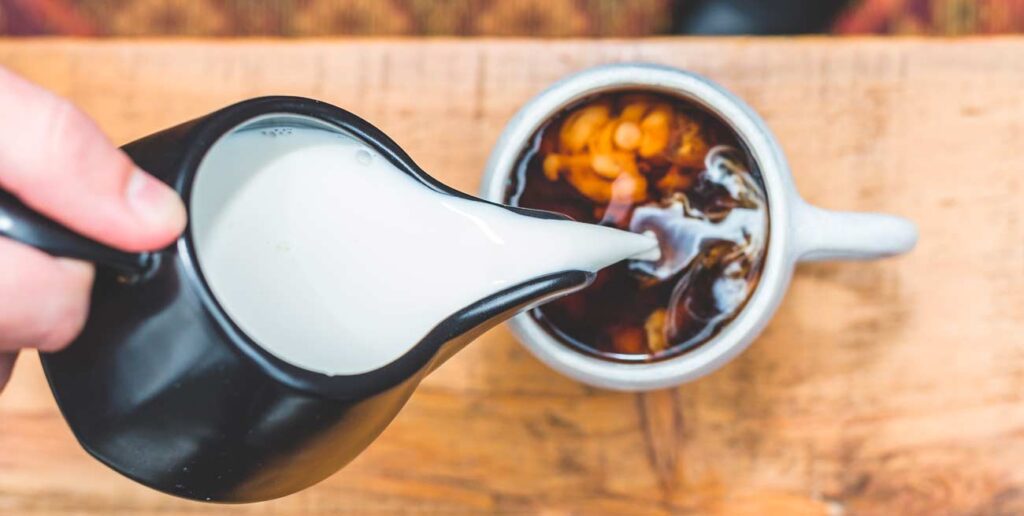
Beyond texture, vegetable fats and oils can enhance other key attributes of creamers, such as storage stability and temperature tolerance. For example, formulations combining vegetable oils with natural stabilizers have proven effective in preventing phase separation in liquid creamers, even under extended storage conditions.
Another significant advancement is the inclusion of oils rich in specific fatty acids, such as plant-based Omega-3s, which offer additional benefits. These oils not only contribute to flavor and texture but also position the product as a premium option aligned with modern consumer expectations.
The focus on vegetable fats and oils is also tied to more sustainable food production practices. Increasingly, manufacturers are opting for responsibly sourced lipids, such as oils certified by international standards that ensure reduced environmental impact. Additionally, the development of alternatives based on regenerative crops opens new possibilities for incorporating ingredients that combine functionality with environmental responsibility.
In summary, vegetable fats and oils are the heart of modern creamers, enabling these products to deliver an indulgent and personalized experience. As formulation technologies advance and consumer expectations evolve, the role of these lipids diversifies, paving the way for more innovative, versatile products aligned with well-being.
The next time a cup of coffee is elevated by the addition of a creamer, it will be thanks to the science and creativity behind vegetable fats and oils, which continue to transform the beverage industry—one formula at a time.

Kasapoglu, M., Sağdıç, O., Avcı, E., Tekin‐Cakmak, Z., Karasu, S., & Turker, R. (2023). The Potential Use of Cold-Pressed Coconut Oil By-Product as an Alternative Source in the Production of Plant-Based Drink and Plant-Based Low-Fat Ice Cream: The Rheological, Thermal, and Sensory Properties of Plant-Based Ice Cream. Foods, 12. https://doi.org/10.3390/foods12030650
